|
Today, I was joined by my students to complete part 2 of the cell construction process and testing. The solar cell was tested under direct sunlight and worked perfectly well. Here are pictures of the moment. We are excited about this result and all is now set for the first workshop on 31st October and 1st Nov. 2014. - John Paul Students at Makerere University testing out the solar cell kit (L to R): Francis Ssendi, John Bosco Ssenbandeke, Panzi John Makawa, and Samuel Onoro. (L to R): SciBridge Vice-Chair John Paul Eneku with his students Francis Ssendi, Panzi John Makawa, and Samuel Onoro outside Makerere University in Kampala, Uganda.
0 Comments
Today, Alex and I commenced a very exciting process of testing the dye sensitized solar cell ahead of the workshop. We did part 1 of the two step cell construction process. That is, we successfully coated the conductive glass with TiO2 and also annealed it. It's been left to cool overnight and part 2 will be completed tomorrow and the cell will then be tested. Watch this space for tomorrow's outcome. - John Paul A special thanks to Dr. Adrian Hightower for supplying the TiO2 paste!
October has been a busy month for SciBridge! Lecturers and SciBridge volunteers John Paul Eneku (SciBridge Vice-Chair) and Alex Okello have been preparing their undergraduate Physics students at Makerere University in Kampala, Uganda for the dye-sensitized solar cell experiments by giving a series of lectures. John Paul writes: October 22: Today, Alex and I held a successful briefing of our students on the upcoming dye sensitized solar cell workshop. It was interesting and the students are so excited about the learning opportunity in their hands.Students will be attending an important introductory lecture on Friday October 24, 2014 and the workshop will be held next week. October 24: Today, Alex and I successfully held a 1 hour lecture with the first set of students; it was amazing taking them through the basics of a solar cell and theory of a dye sensitized solar cell. To our satisfaction, they easily understood the operation of the dye sensitized solar cell. They are now motivated to try out several natural dyes found in their rural villages of origin and this they will be doing in the next academic semester (February 2015) when they are required to conduct research in topics of their interest in the field of physics. Their are interest in sharing all progress of their research activities with any research experts of dye sensitized solar cells to ensure they get good supervision and produce quality results. Meanwhile, on Saturday 25, 2014 Alex and I will be holding the same lecture for the second and last batch of students. We are hugely excited by our progress. October 25: We have just held the second lecture for the last set of students. This group equally understood the concept of a dye sensitized solar cell with ease. We the instructors can affirm that these students have adequately understood the theory and appreciate the motivation for the dye sensitized solar cell. They are also determined to take the mantle of exploring the hidden potential in natural dyes of Uganda's vast natural vegetation and will share their findings on this and related platforms. We are therefore happy with our progress. Our students too are happy to learn a new thing and can't wait to make the solar cells. All is now set for the first workshop on Friday October 31 and Saturday November 1, 2014. This will be followed by a web based seminar where a research from the U.S.A will join us online to discuss energy and results of the workshop. Watch this space for more updates of the events to come. Meanwhile, the first experiment kits on dye-sensitized solar cells (using an experiment procedure developed at UCLA/CNSI) have arrived at Makerere University. Here is John Paul opening up a kit with his students: In the U.S., volunteers have been developing the next SciBridge kit on aluminum-air batteries at the University of Texas at Austin: We are excited to have had so much progress this month and look forward to next week's first full workshop!
|
Archives
February 2023
|

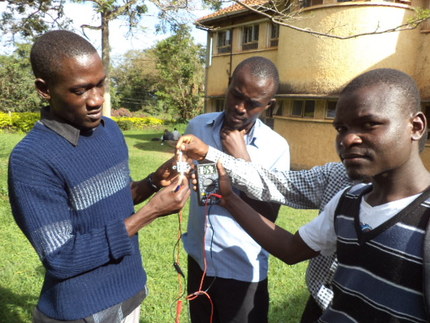
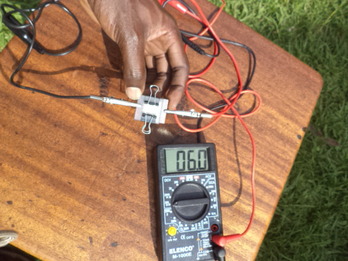
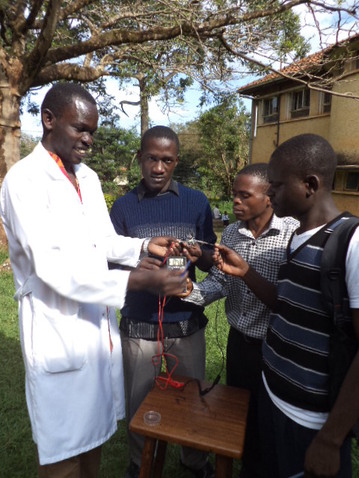
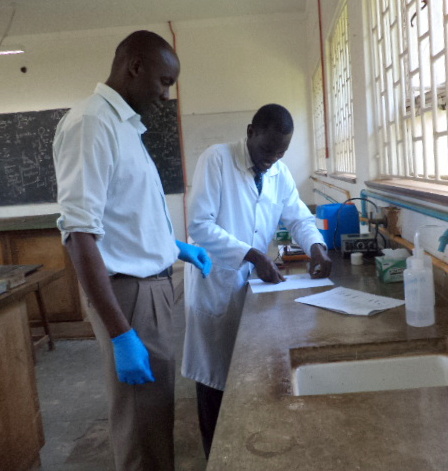
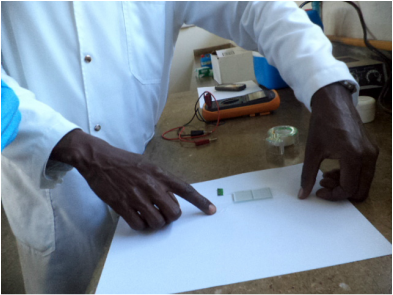
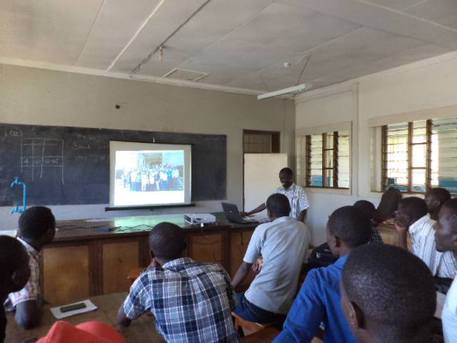
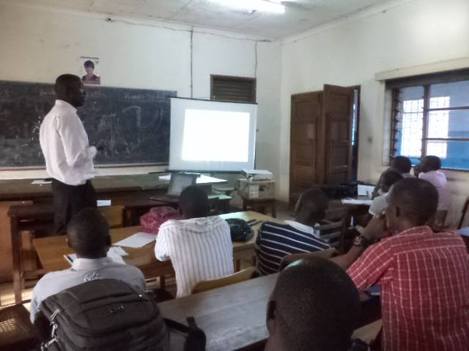
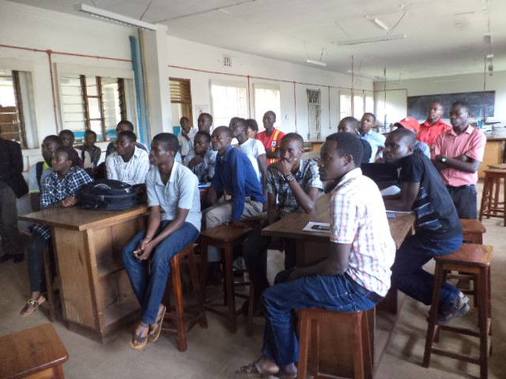
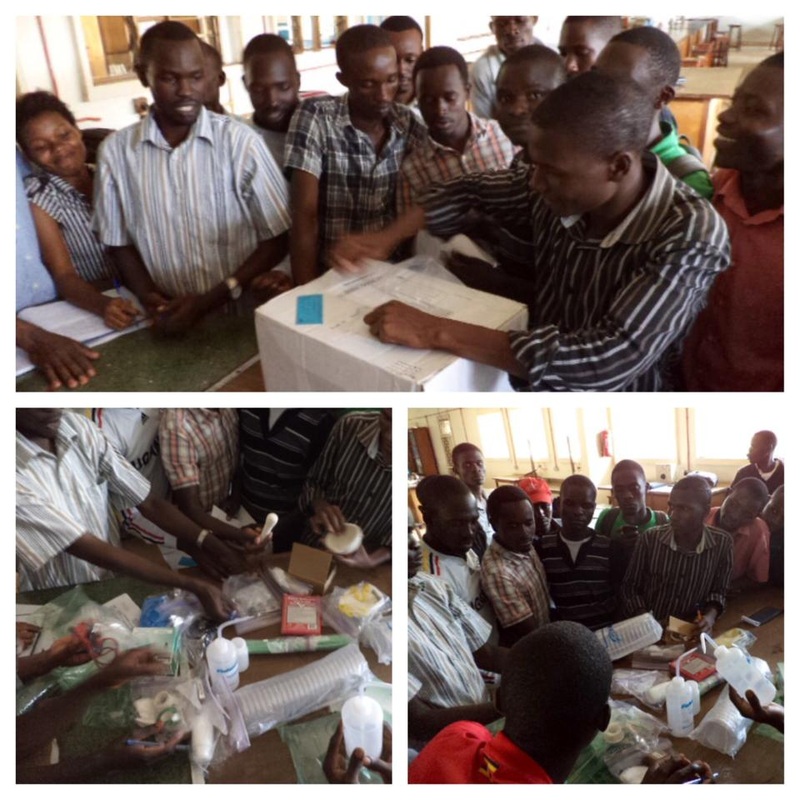
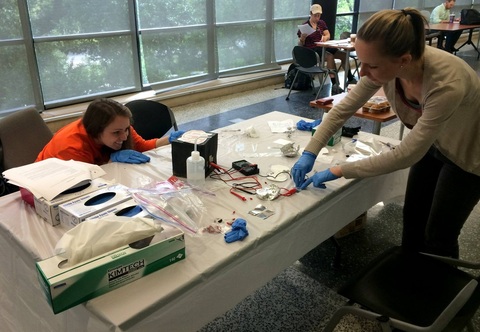
 RSS Feed
RSS Feed
